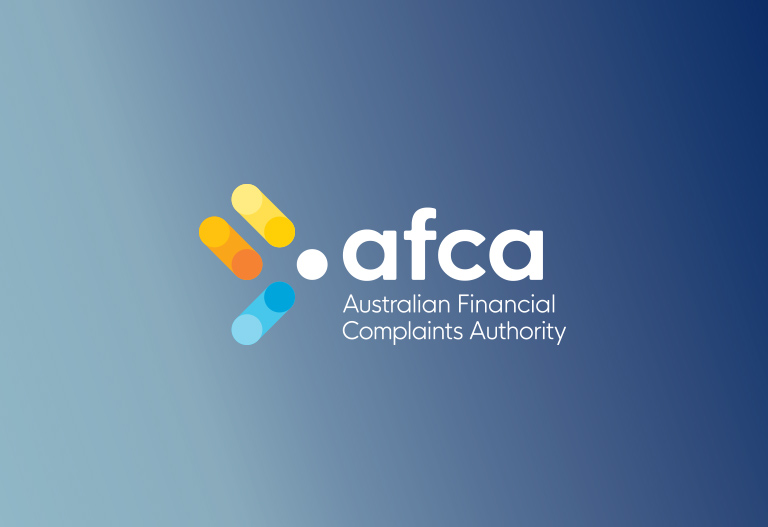Class Actions
Your Money, Our Fight: We’ve helped recover $30 million in damages and compensation for people just like you.
About Class Actions
Financial Dispute Legal: We fight for you to reclaim your financial security by recovering funds and ensuring accountability of the parties involved.
Our Lawyers handle financial advice disputes, scams, dept disputes, insurance complaints, and class actions.
We’re here to help you from the start; from working out whether you have a claim, to advocating for your rights and confronting banks, insurers, and advisors head-on.
Not sure if you have a claim?
Financial dispute claims can be complex and often leave you wondering whether you have a claim or not.
Book an obligation free call to tell us your story so we can provide you with the best advice on your next steps.
Frequently Asked Questions
A class action is a legal proceeding where the claims of a group of people, who have been affected in a similar way, are brought by, typically, one named representative. This person is known as the ‘applicant’ or ‘lead plaintiff’ and they bring the proceedings on behalf of the group, known as the ‘group members’.
The plaintiff is responsible for providing directions to their lawyers about how they wish the claim to be run, and is the party who can make decisions when it comes to negotiations, settlement offers, and resolving the claim. They have all the same obligations as a plaintiff in traditional litigation, plus additional obligations to the class members that they represent. Namely, they need to ensure that the claim serves the interests of the group.
Formally, there are three requirements that need to be met in order to commence a class action, which are:
- seven or more people have claims against the same person(s);
- the claims are in respect of, or arise out of, the same, similar or related circumstances; and
- the claims give rise to at least one substantial common issue of law or fact.
These threshold requirements have been liberally interpreted by the Courts and with the right legal representation, are generally not difficult to satisfy.
Although there are only three technical requirements to commence a class action, a case can take several years to resolve. Length of litigation typically depends on factors such as the complexity of the case and the amount of evidence that needs to be considered.
Throughout the litigation process, there are multiple staggered stages that require different types and amounts of evidence, organising, and strategic planning. Before commencing in a court, pleadings and other court documents to define the case must be filed in a Court.
This is typically a long process, as after the plaintiff’s claim is filed, the defendant has an opportunity to set out their defence to the allegations raised. In turn, the plaintiff has a chance to respond to any new information. During this time, both parties can seek out more details to properly understand the claims and defences that have been brought up.
In Australia, class actions employ an opt-out model. This means that if a person meets the criteria of a “group member” they will automatically be considered a group member. Generally speaking, class members need to notify the Court that they do not wish to be a part of the claim.
Initially, when the class action is commenced, the group members might not know about the claim. It is only after the class and issues in dispute are well-defined that the Court will make orders requiring an “opt-out notice” to be publicised. This is to help ensure group members are informed of the case, to the extent this is possible.
The notice will:
- outline the particular legal claim that is being made; and
- provide group members with a deadline to remove themselves from the claim if they do not want to be a part of it.
Group members who do not respond to the notice will continue being represented and be bound by the outcome of the case.
Class actions can be an effective way for groups of people who have the same (or similar) claims to seek compensation. Whilst class actions can be expensive, pursuing such a case can help the group members achieve a resolution of claims in a more efficient process (rather than all group members pursuing individual claims).
The dollar figure of how much a class action lawsuit will pay out varies widely. However, when a class action settles the Court must approve a Settlement Distribution Scheme which details how the claims of Group Members will be assessed.
It is important to remember that class actions are often complex and difficult. Because of this, it is important to consider a law firm’s expertise and previous experience in a specific area of law when deciding on who you want to represent you.
Recent Cases
Fee Structures
Our fee structures have been developed to provide you with accessible legal support and to ensure we can get the best outcome for you.
We understand the importance that transparency plays in trust, so we make sure to discuss fees up-front.
For certain Financial Advice Dispute cases we provide no-win-no-fee. You will be advised after your initial consultation and assessment if this applies to you.
Where possible, our team will provide you with a fixed fee amount for each stage of your claim. This fee is billable regardless of the outcome of your case.
If your claim requires a hourly fee structure, we will advise you of cost estimations at every step of your claim to ensure you have control over costs at all times.
Working with us
Our lawyers will prompt you to gather all the preliminary information we require in order to advise whether you may have a claim, this can be as quick as a 15 minute call.
If we identify the opportunity for a claim in our initial call we will then proceed with a comprehensive assessment into your case, including gathering witness statements, identifying and locating key documentary evidence, and consulting with experts.
Based on our findings we will offer recommendations on the appropriate legal action to pursue your claim, and clearly explain your next steps.
At this point of engaging us, we will advise you on the fee structure involved in your claim so you are aware of costs involved before proceeding.




